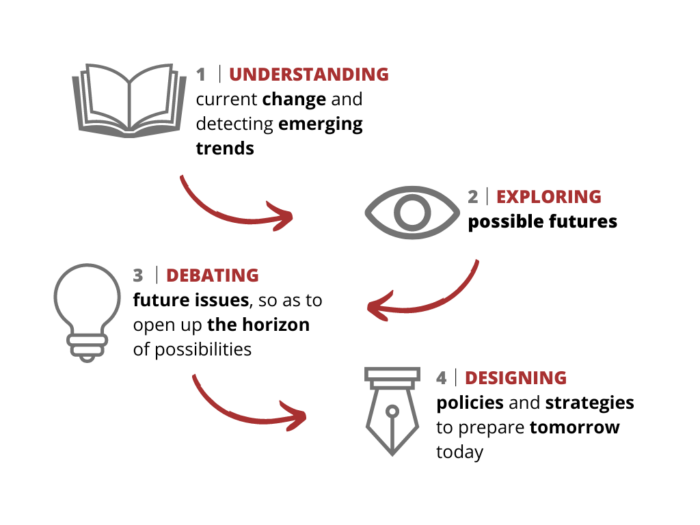At a time when some analysts are sounding the alarm about the risks of societal collapse, principally as a result of the over-exploitation of our planet’s resources (see the article by Gabriel Salerno in this issue), and, as a means of confronting this, advocating a degree of reduced demographic growth (neo-Malthusianism), other voices can be heard — in this case, at the national level — calling either for an increase in the birth rate or, at least, for a new look at family policy. Jacques Bichot is one such, calling in this “Forum” for a “rejuvenation” of French family policy that aims to take account of the concrete contribution made to the economy by having and raising children.
Jacques Bichot begins by pointing out how “disastrously” that family policy has evolved — particularly with the distortion over time of the meaning of dependents’ allowances and various non-rational transfers within the Social Security budget from family to old-age provision. He then argues for a fair and objective consideration of the contribution of the family and of investment in young people, particularly in a country that has a system of pay-as-you-go retirement pensions. In this article, he proposes a different view of how the (economic) exchange between generations should be organized, taking account of each person’s contribution in terms of demographic renewal and investment in youth (education included) — a point of view that seems likely to feed into current and future debates on welfare (different types of benefit, retirement pensions etc.).



